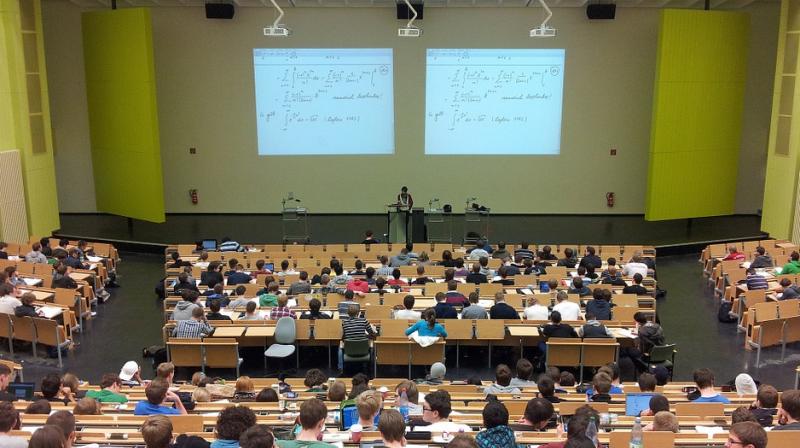US: New York governor unveils proposal for free college tuition

New York: New York's governor unveiled a proposal on Tuesday to make tuition at public colleges free for low and middle-income students, an idea championed by US Senator Bernie Sanders during his White House run.
"Today, college is a mandatory step if you really want to be a success," Democratic Governor Andrew Cuomo said, noting that the average American student carries $30,000 in debt.
"This year, New York state is going to start the Excelsior scholarship: if you come from any family earning $125,000 or less, you are going to get free tuition," he said during a news conference at a university in Queens.
"It's the first program of its kind in the US... and it should be a wake up call to this nation," Cuomo said.
The governor, who is rumoured to have his eye on an eventual White House run, was joined at the news conference by Sanders, who offered his wishes.
Sanders had garnered passionate support from young voters during the Democratic primary contest against Hillary Clinton, in part because of his impassioned calls for tuition-free college.
Although he ultimately lost to Clinton, his free-college proposal was so popular that she added it to her White House platform.
New York's most prestigious universities -- including Cornell, Columbia and New York University -- are private and presumably would not be involved in the free tuition plan.
Tuition in the well-regarded State University of New York and City University of New York systems can be up to $6,500 a year
Cuomo did not give details on the financing for the proposal, which has yet to be approved by lawmakers in this state of 20 million people.
It is estimated to cost $163 million per year, and could benefit as many as one million households.
Cuomo said he aims to have the program launched at the beginning of 2017, covering families with an annual income of less than $100,000, before expanding to cover students from families with an annual income of up to $125,000 at the beginning of 2018.

